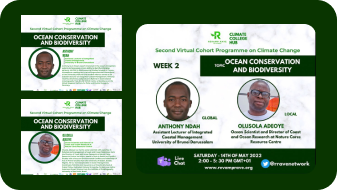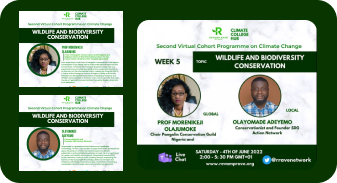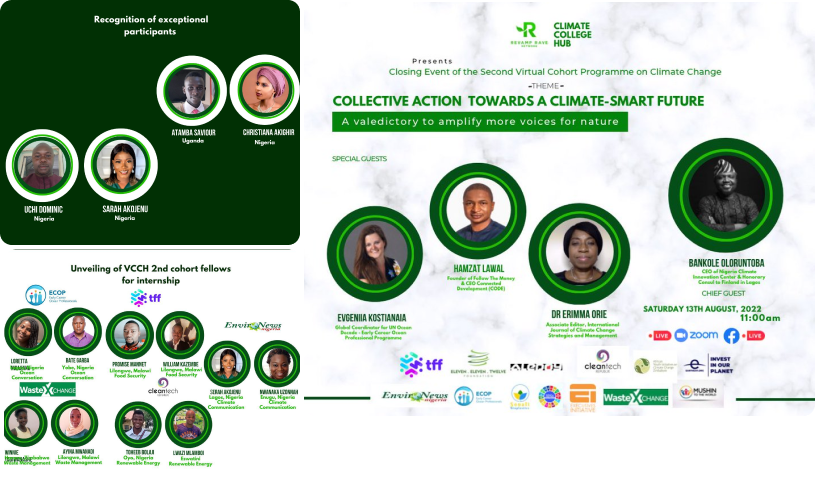Open Conference aims to launch the Second Virtual Cohort Programme and serve as a follow-up of the Glasgow Climate Pact.
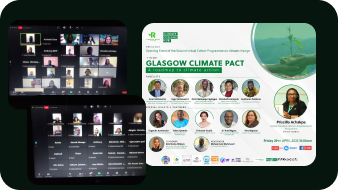

Climate Change and Energy Management are two critical topics sparking more global concern as energy production and consumption become the largest cause of greenhouse gas emissions.

Climate change, land-use management and food security are intertwined as one is influenced by the other.
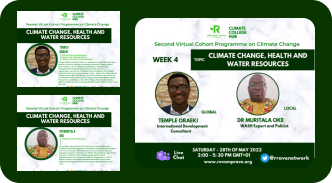
Climate change consequences related to water resources are increasing in temperature, shifts in precipitation patterns and snow cover.
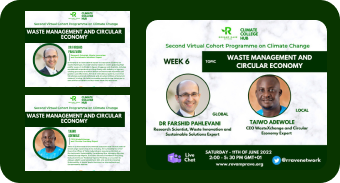
Sustainable wildlife management is an essential tool to conserve certain biodiversity and is vital for maintaining and enhancing ecosystem services.

The role of technological innovation in addressing societal problems such as air pollution and water pollution is a more recent development.
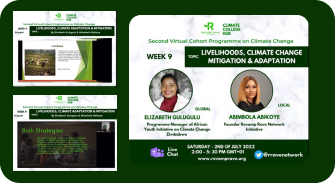
Climate change had a significant negative impact on the livelihoods and food security status of smallholder farmers.

Climate Policy and Governance are crucial to building a sustainable future for all. With it nations can contribute meaningfully to reducing the effects of climate change.

Climate change increases gender inequality, reduces women’s ability to be financially independent, and has an overall negative impact on the social rights of women.

The transformations that are needed to respond to climate change require widespread political engagement.
